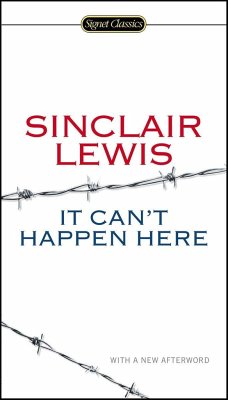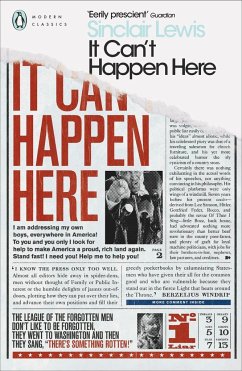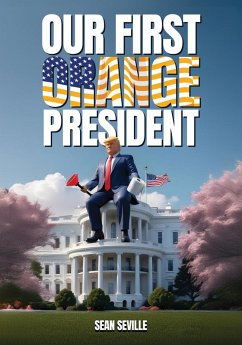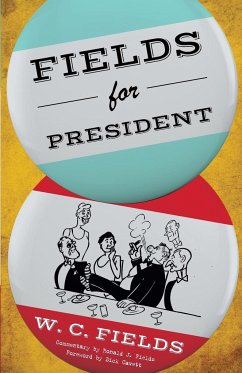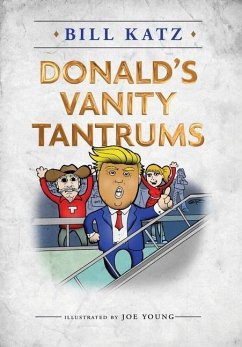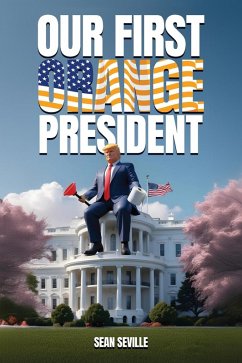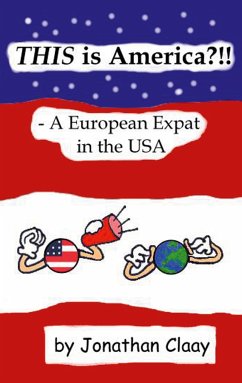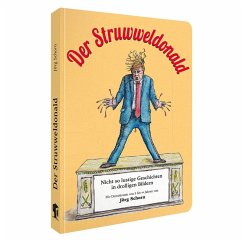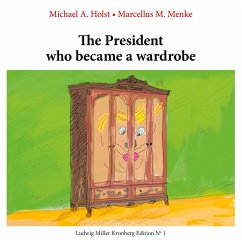
The President who became a Wardrobe
Documentation of the 2020 International Kronberg Art-Worksho

PAYBACK Punkte
0 °P sammeln!
Every year since 2008 the artist Michael A. Holst does his creative Summer Workshop in Kronberg, Germany. Due to the corona pandemic, this year everything was different. Together with his colleague Marcellus M. Menke he did a totally digital workshop. The amazing result of this experiment can be seen in this little booklet. Done in the feel and look of a children's book, it is a strong political statement of the group of young international artists who took part in the workshop. In the Appendix you find an Interview with Michael A. Holst and Marcellus M. Menke, additional background informatio...
Every year since 2008 the artist Michael A. Holst does his creative Summer Workshop in Kronberg, Germany. Due to the corona pandemic, this year everything was different. Together with his colleague Marcellus M. Menke he did a totally digital workshop. The amazing result of this experiment can be seen in this little booklet. Done in the feel and look of a children's book, it is a strong political statement of the group of young international artists who took part in the workshop. In the Appendix you find an Interview with Michael A. Holst and Marcellus M. Menke, additional background information about the workshop and its participants and some sketches portraying the participants.Text in English and German.Seit 2008 veranstaltet der Künstler Michael A. Holst jedes Jahr seinen kreativen Sommerworkshop in Kronberg, Deutschland. Aufgrund der Corona-Pandemie war dieses Jahr alles anders. Zusammen mit seinem Kollegen Marcellus M. Menke führte er einen vollständig digitalen Workshop durch. Das erstaunliche Ergebnis dieses Experiments ist in diesem kleinen Büchlein zu sehen. Es hat die Anmutung eines Kinderbuchs doch sein Inhalt ist ein starkes politisches Statement der Gruppe junger internationaler Künstler, die an diesem Workshop teilgenommen haben. Im Anhang findet sich ein Interview mit Michael A. Holst und Marcellus M. Menke, zusätzliche Hintergrundinformationen über den Workshop und seine Teilnehmer sowie einige Skizzen, die die Teilnehmer porträtieren.





